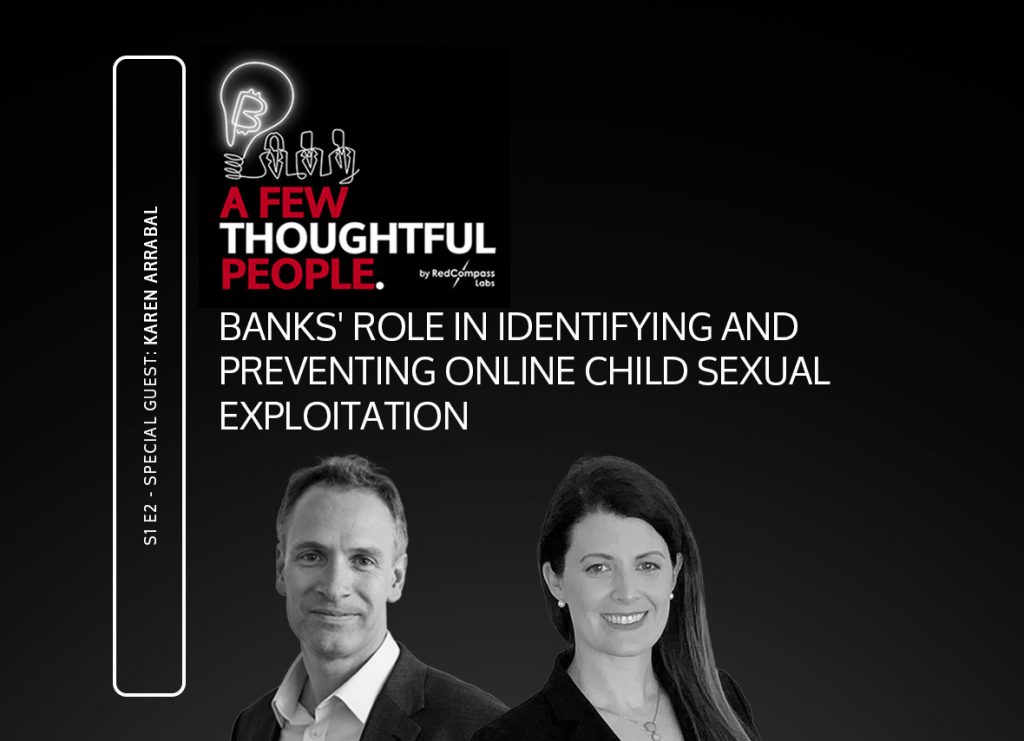This powerful yet distressing film on tackling online sexual abuse is a must-see for the general population, just about managing not to cross the line; most of the graphics are pixelated, but it does feature some audio. By allowing the audience to ‘see without seeing’, people without previous exposure could be introduced to this topic without being traumatised – meaning that this film, covering arguably what is society’s most heinous crime, can be made into something that is educational and eye-opening.
The film documents ten years of Task Force Argos’ work – an internationally renowned and highly specialised branch of the Australian Federal Police that recruits globally. Their primary focus is on child protection, making forensic and exhaustive inquiries into child sexual abuse material (CSAM) on the internet (from the surface to the dark web) to identify, find and rescue victims. This film tells the story of how these detectives infiltrate global criminal networks, catching the predators and rescuing victims.
The dedication of the law enforcement investigators featured in film is unparalleled. It is clear that they are the right people for the job – encapsulated by the repeated mentions that they would do anything, regardless how controversial, to save the children in the pictures (or videos for that matter). This even extends at times to traversing beyond the legal boundaries and against the core of their being.
Frustration and disgust bubbles over too. And while they’ve saved hundreds of children over the years, there are millions more. And millions of perpetrators. But, as mentioned in the film, “we cannot arrest our way out of it”. There needs to be a complete transformation across society, culture, businesses, big tech – everyone. And it must be fought with the brain as much as the heart. “It’s not law enforcement’s problem, it’s a humanity’s problem.”
Facebook got a dressing down too. The film featured a clip from an interview with the company’s founder and CEO, Mark Zuckerberg, where he smugly announced end-to-end encryption across their channels. He even noted that it would “piss off a lot of people”. Is he serious? This effectively removes any liability from Facebook for online child sexual abuse that is facilitated using their platforms, while rendering it impossible to gather evidence on referrals, as no evidence is held by the technology giant. This is appalling.
The screening was followed by a panel, which I personally found slightly underwhelming after such a moving film – although that could just be a consequence of viewing this kind of material. The discussion featured delegates from the NCA-CEOP, the Home Office, the Internet Watch Foundation, and WeProtect Global Alliance. Paul Griffiths, who was part of the film, dialed in from Australia. This event also offered a great opportunity to speak with people working towards the same goal on CSE as RedCompass Labs. I spoke at length with WeProtect – a company whose resources on RedFlag Accelerator CSE section I have already made use of.
The Children in the Pictures is a call to action – and although it offered no solutions, the film demonstrated that the path forward must include all stakeholders. This needs to cover all levels, from instilling awareness among society to lawmakers crafting the appropriate regulations. But another critical step is with social media and tech companies, which need to stop end-to-end encryption, collaborate with the police and moderate content effectively, among other actions, instead of putting profit before people. Ending anonymised money is another imperative. Why do people need this if they have nothing to hide? The idea that they are hiding from the government is just a front to enable people to evade law enforcement, and thereby continuing the cycle of online CSE.
We live in a world where privacy and the profits of big tech are prioritised over protecting children. But we envisage a future where children are not collateral damage. Just as it takes a village to raise a child, it takes a global village to stop online Child Sexual Exploitation.
Share this post
Written by

Silvija Krupena
Director of Financial Intelligence Unit
Resources






